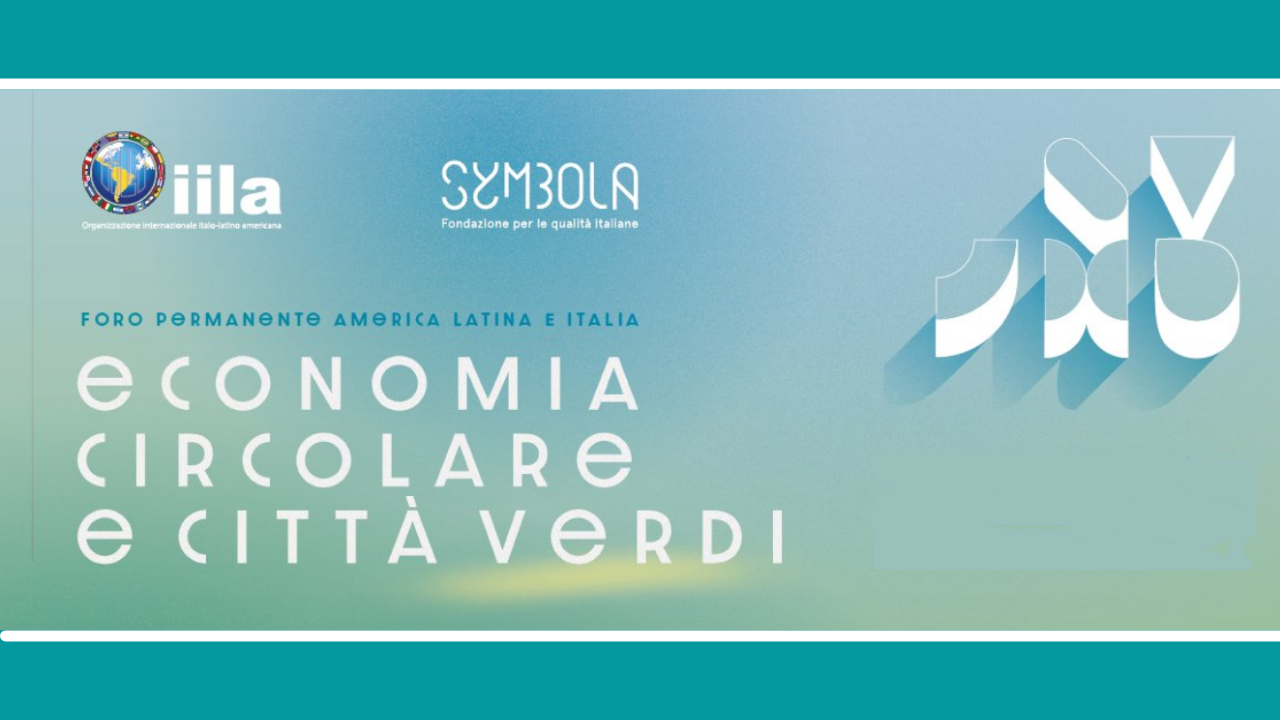An interesting essay has recently been published by Symbola on the topic “Circular economy and green city”, which addresses the main problems facing today's cities in the face of climate change and resource depletion.
The authors start from the consideration that the debate on climate change and resilience has once again valued the role of citizens in society, in a mix that combines culture, economy and environment, moving from a "smart" approach, typical of the past decade, to a "green" approach, in which it is necessary not only to update the physical and infrastructural dimension of the urbs, but also to take into account the human and cultural dimension of the civitas.
The green city is described as a city that intelligently and efficiently manages the flows of materials, water and energy in a circular perspective and implements active resilience strategies to adapt to climate change; and, that, as a whole, looks towards inclusive urban models, in accordance with the principles of the Manifesto of Assisi https://www.symbola.net/
Reflections on the green city are also grafted onto potentially fragile territories that must prepare for climate change and extreme weather events, followed by increasingly long periods of drought. These are some of the challenges that are looming and whose solutions cannot be solely technological, but which require the adoption of a holistic approaches that range from general policies -such as energy conversion- to more specific solutions, such as urban reforestation or the rethinking of individual streets or squares.
And while urban gardens are being discovered in large cities, re-densification policies are being put in place, aimed at freeing up green spaces or reconversion of entire neighbourhoods. The challenges do not end there: even water becomes a critical resource for people and can cause significant damage in urban spaces, because it is too abundant or because it is too scarce.
Finally, the role of active citizenship is rediscovered, in which citizens, companies, other institutions and local administrations build new forms of collective governance, with which they better manage urban green equipment, logistics, transport, circular economy.
The Volume is divided into five main themes: Water, Mobility, Matter, Green and Agriculture, Energy, for each of which problems, solutions and best practices are illustrated (SEE ANNEX - SPANISH VERSION)
In conclusion, the authors affirm that there are no magic recipes, ready-made solutions to adopt sic et simpliciter, but that there is the capacity to open up to change, to embrace the green and digital revolution underway and to shape it.
According to them, it is about inserting the correct push from below, with a local matrix, in a context in which the immobile engine has the strength and vision to create those infrastructures and networks that must be neutral and that are essential engines of the development, with the re-evaluation of the myth of the "glocal", finally giving it its own indispensable dimension.
For more details in italian, visit: https://www.symbola.net/ricerca/economia-circolare-e-citta-verdi/

